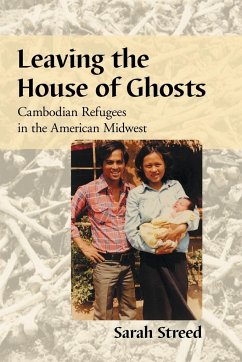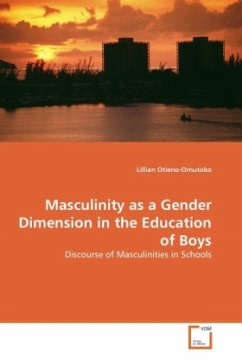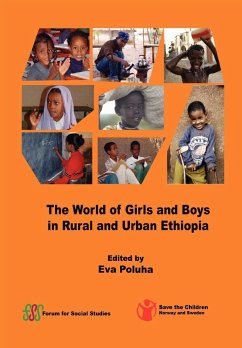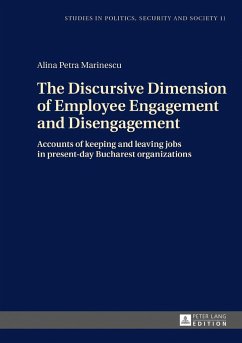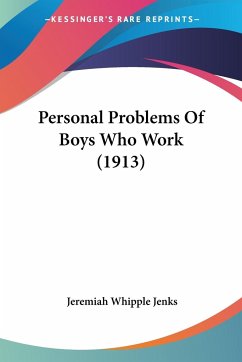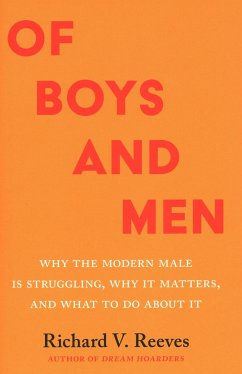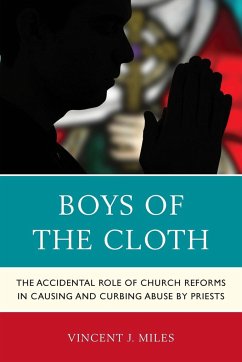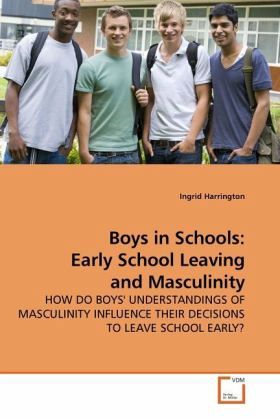
Boys in Schools: Early School Leaving
HOW DO BOYS' UNDERSTANDINGS OF MASCULINITY INFLUENCE THEIR DECISIONS TO LEAVE SCHOOL EARLY?
Versandkostenfrei!
Versandfertig in 6-10 Tagen
52,99 €
inkl. MwSt.

PAYBACK Punkte
26 °P sammeln!
The study broadly drew on critical discourse theory to examine the circumstances surrounding the early school leaving decisions of 22 boys from three different geographical locations, i.e. provincial, rural and metropolitan, in Queensland, Australia. Adopting Fairclough's (2002) model of discourse as a conceptual framework allowed the exploration of the different socio-cultural practices of masculinity as perceived by the boys in their broader social contexts. For the purpose of the research, a dominant masculinity discourse was understood by using concepts commonly associated with masculinity...
The study broadly drew on critical discourse theory to examine the circumstances surrounding the early school leaving decisions of 22 boys from three different geographical locations, i.e. provincial, rural and metropolitan, in Queensland, Australia. Adopting Fairclough's (2002) model of discourse as a conceptual framework allowed the exploration of the different socio-cultural practices of masculinity as perceived by the boys in their broader social contexts. For the purpose of the research, a dominant masculinity discourse was understood by using concepts commonly associated with masculinity, namely power and control, independence, and a sense of 'self'. The boys constructed narratives to explain their personal circumstances and what influenced their school leaving decisions. Their explanations were identified as seven generative themes (Freire, 1972), and the themes were then analysed through the lens of the three concepts of a dominant masculinity discourse.



